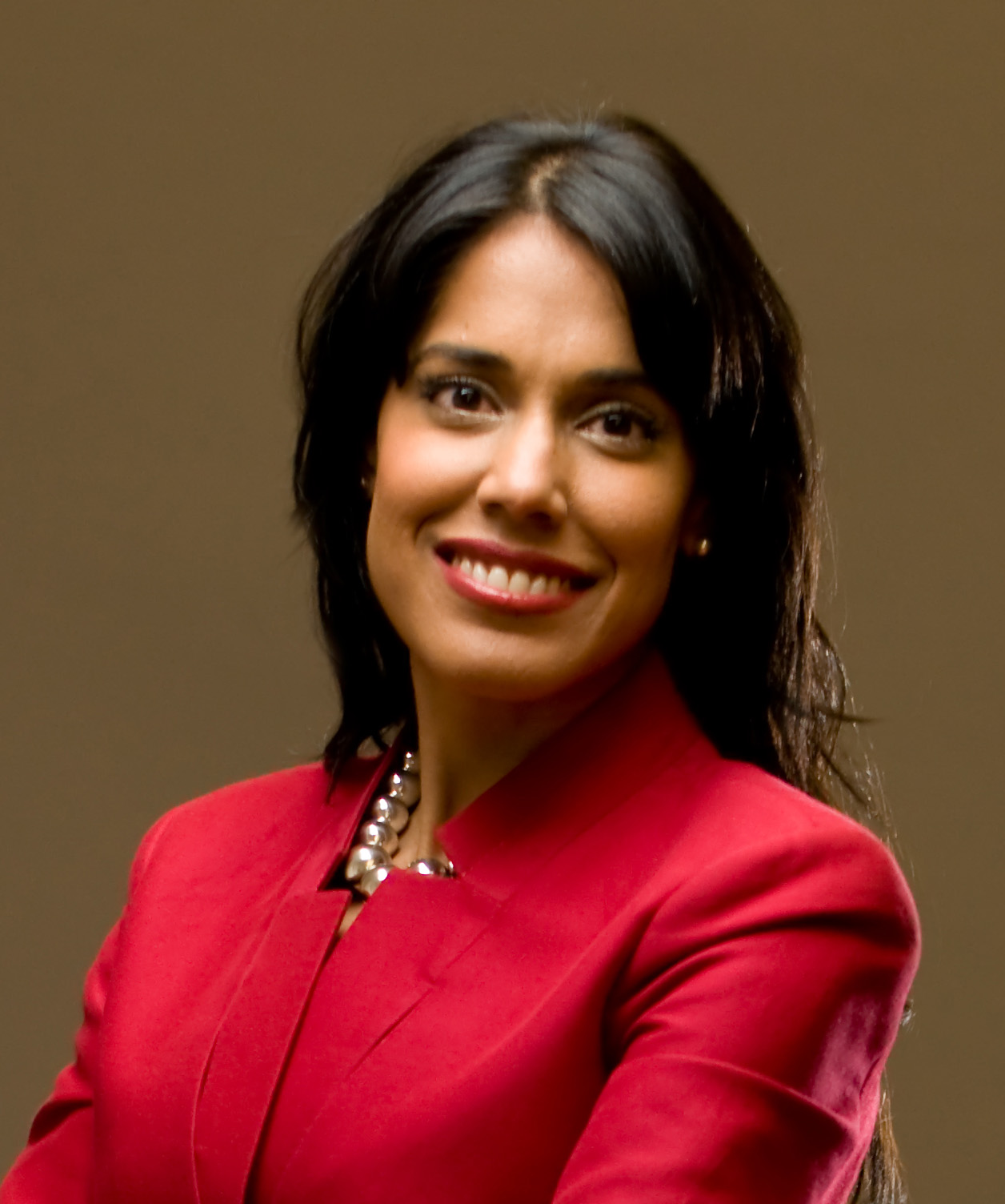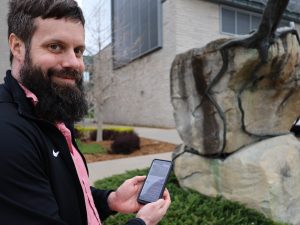Ritu Bhasin is a community activist, lawyer and diversity specialist. She will be presenting a keynote address and workshop at the upcoming White Privilege Symposium at Brock University Sept. 30-Oct.1. The following is a Q&A with Bhasin.
Q: Why is a conversation about white privilege important?
A: It’s critical to raise awareness about the ways in which privilege is entrenched in our societal structures, and how this privilege helps certain groups get ahead while leaving other groups behind. Here’s how I think of privilege: those with privilege have an automatic red carpet rolled out for them, and those without privilege not only lack access to the automatic red carpet, they also have to fight to get that access. The core problem is that all of this is unearned – it’s simply a direct result of possessing certain cultural identity characteristics. Given our history, people with white skin experience this automatic privilege whereas people of colour are disadvantaged. We all need to be talking about this – and in Canada in particular, we have not been having these conversations.
Q: Who should be taking part in discussions about white privilege?
A: In short – everyone. White privilege isn’t something that concerns only white people or only people of colour – it concerns us all. Everyone in society needs to be part of the discussion about how to address power and privilege.
Many people of colour have these discussions behind closed doors with each other, but not directly with white people. It’s critical that everyone be included in this conversation – white people who have the privilege need to be able to take ownership of their piece of this issue. Until we sit together on this, change won’t happen. Which is why the White Privilege Symposium is such a great platform for conversation – it’s a wider, more inclusive, and much needed conversation about privilege.
Q: In what ways can society start moving towards greater equality for all people?
A: We need to raise awareness about and address the biases, blindspots, judgments and assumptions that we hold about marginalized communities – both individually and systemically. It’s critical that we work together on addressing the systems of power and privilege while taking ownership of our own individual place and responsibility in this system. In my work, I’m increasingly talking about the importance of authenticity in addressing privilege and inclusion – encouraging individuals to understand and bring their authentic selves to bear in more situations. By learning how to strategically express our true selves more often – particularly the aspects of our identities that we are consistently told to push down or hide in favour of sameness – we create an environment where others can do the same. Each one of us has a lot of self-work to do in order to change the system.
Q: Your talk is titled: “Breaking the Shackles of Oppression & Addressing Privilege: Rise through the Authenticity Principle,” how do you suggest that can be done?
A: This ties back to the idea of authenticity – which is the core theme of my upcoming book, The Authenticity Principle. At the Symposium, I’ll be talking about this concept, and why it is that I’ve identified authenticity as a critical component of empowering people of colour. I’ll address: how authenticity shows up in our personal and professional lives; the structural and systemic barriers that we face as people of colour; and most importantly the self-limiting barriers that we struggle with – like internalized bias, the impostor syndrome, and minimization. I’ll focus on the strategies for individual self-work around authenticity which, as a result of my years of leadership and inclusion work, I truly believe is the key to both empowerment and inclusion.
Q: Why does diversity matter in the workplace?
A: Diversity in the workplace is important in that it tells us which groups are represented within our organizations – for example, the number of people of colour, women and members of other diverse groups who are present. But this is strictly quantitative – the more important piece when it comes to creating change within the workplace is inclusion. Inclusion is the qualitative experience: do diverse professionals feel that they have equal access to opportunities within their organization? Do they feel that they are able to bring their differences to work, and that they can leverage these differences for success? In my global work with organizations, this is where I focus. Inclusion is where real change lives – and it’s through inclusion that we can better distribute power and privilege throughout all echelons of our society.









